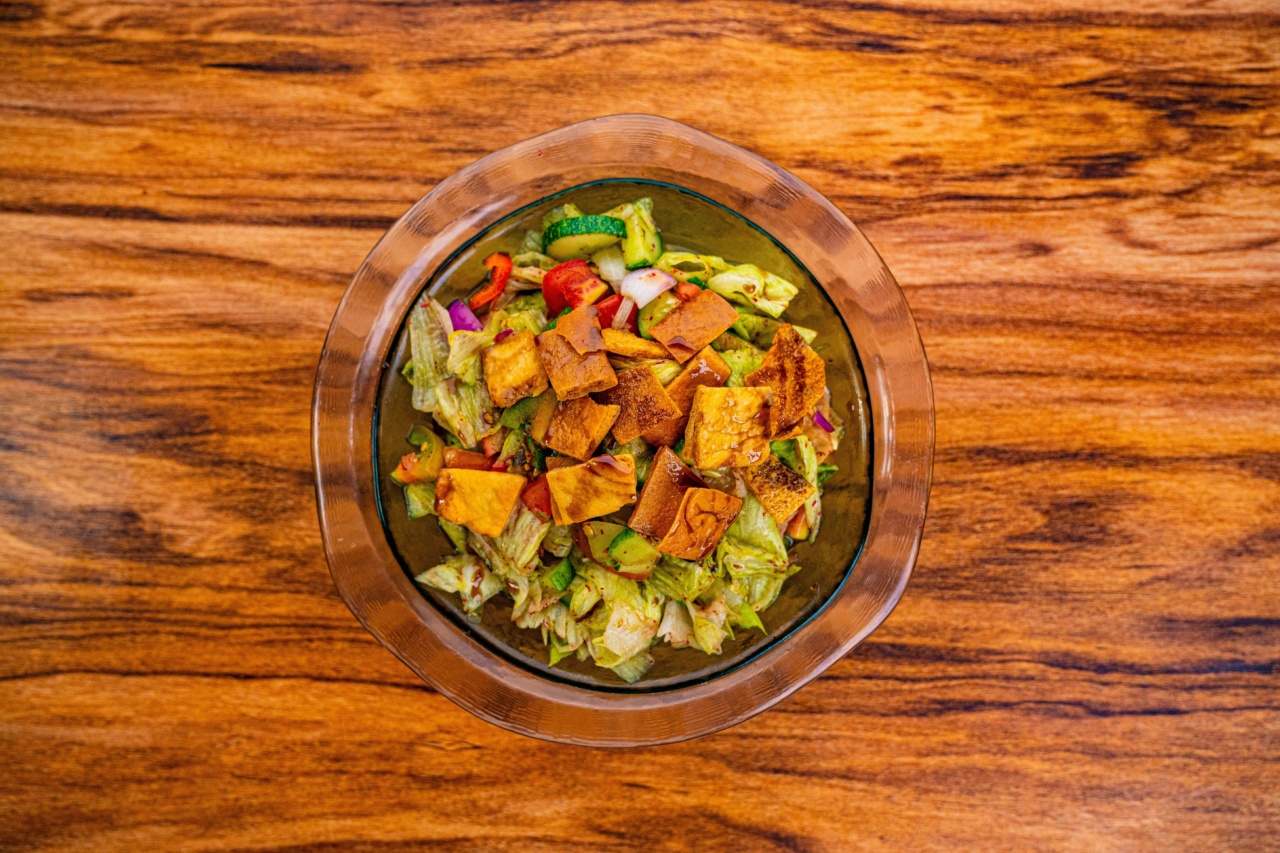Fertility is a critical aspect when it comes to family planning for couples, and in recent times, fertility rates have been on the decline. Many factors can influence fertility, including genetics, age, and lifestyle.
Among these factors, diet plays a crucial role, and it is, therefore, essential for couples wishing to conceive to maintain a healthy and balanced diet. This article will focus on how diet affects fertility and how couples can boost their fertility with a healthy diet.
The Importance of a Healthy Diet for Fertility
Fertility experts assert that a healthy diet can improve a couple’s chances of conceiving and delivering a healthy baby.
A balanced diet that includes fruits, vegetables, lean protein, whole grains, and healthy fats can improve overall fertility for both men and women. Several studies have shown that diet quality can affect fertility outcomes. A high intake of trans fats, sugar-sweetened drinks, alcohol, and caffeine can reduce fertility levels.
Conversely, a diet rich in antioxidants, vitamins, and minerals can improve fertility.
Foods that Can Boost Fertility
When trying to conceive, it is essential to consume nutrient-dense foods that can improve fertility. Here are some of the foods that can boost fertility:.
1. Leafy Greens
Leafy greens such as spinach and kale are rich in folate, which is essential for fertility. Folate supports ovulation and reduces the risk of birth defects.
Additionally, leafy greens contain iron, which helps to build red blood cells, and magnesium, which aids in reproductive health.
2. Berries
Berries are rich in antioxidants, especially vitamin C, and can improve fertility outcomes in both men and women. Antioxidants help to protect the reproductive system from free radicals that can damage cells and cause infertility.
Vitamin C, in particular, can improve sperm quality and reduce inflammation.
3. Whole Grains
Whole grains such as quinoa, brown rice, and oats are a great source of complex carbohydrates and fiber. They provide a steady supply of energy and support healthy digestion.
Whole grains are also packed with b vitamins, such as folate and B12, which are essential for reproductive health.
4. Healthy Fats
Healthy fats such as olive oil, avocado, and nuts are essential for reproductive health. They support the formation of healthy cells and hormones, which are crucial for fertility.
Additionally, omega-3 fatty acids found in fatty fish such as salmon, tuna, and mackerel, can boost fertility levels and support healthy pregnancies.
5. Legumes
Legumes such as beans, lentils, and chickpeas are excellent sources of plant-based protein and fiber. They also contain vitamins and minerals such as zinc, iron, and folate, which support reproductive health.
Moreover, legumes are a great source of phytoestrogens, which can regulate hormone levels and support reproductive health.
Foods to Avoid When Trying to Conceive
While some foods can promote fertility, others can hinder it. Here are some of the foods that couples should avoid when trying to conceive:.
1. Processed Foods
Processed foods such as sugary snacks and fast food can reduce fertility levels. These foods are often high in trans fats, sodium, and sugar, which can cause inflammation, disrupt hormone levels and damage reproductive cells.
2. Caffeine
Caffeine can interfere with fertility levels and increase the risk of miscarriage. Experts recommend limiting caffeine intake to no more than 200mg per day.
3. Alcohol
Heavy alcohol consumption can lead to hormonal imbalances that can affect fertility levels. Alcohol can also damage reproductive cells and increase the risk of birth defects when consumed during pregnancy.
Conclusion
A healthy diet is an essential component of fertility. Consuming nutrient-dense foods that are rich in antioxidants, vitamins, and minerals can boost fertility levels and improve reproductive health.
Couples trying to conceive should avoid processed foods, caffeine and limit alcohol consumption. By adopting a healthy diet, couples can improve their chances of conceiving and delivering a healthy baby.





























